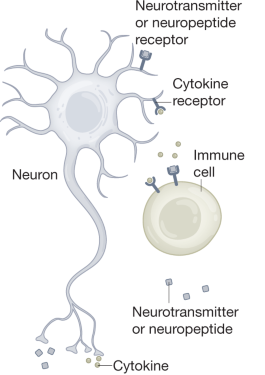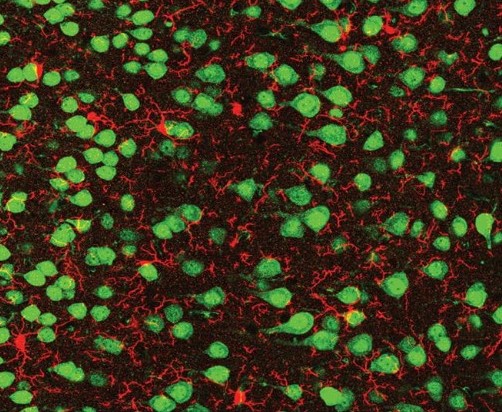
Research Interests


Neuroimmunology
Research in the Bolton Lab is carried out within the vibrant community of the Neuroscience Institute at Georgia State University, as well as the larger metropolitan area of Atlanta. The lab is an integral part of the Center for Neuroinflammation and Cardiometabolic Diseases, which brings together other labs at GSU focused on neuroimmunology, or the study of how the nervous and immune systems interact, often in the context of disease, but also in normal development, brain function, and aging.

Early Life Adversity
In the Bolton Lab, we are interested in how early-life experiences alter future brain function and behavior, thereby contributing to an individual’s risk or resilience to mental disorders later in life. In particular, we are studying the role of microglia, the resident immune cells of the brain, in sculpting stress-sensitive neural circuitry following early-life adversity/stress (ELA) during sensitive periods of development.
Microglia/Neuron Interactions
Our basic neuroscience research analyzes microglia-neuron interactions at multiple levels of analysis, from molecular/cellular to functional/behavioral, and we employ cutting-edge techniques like 2-photon time-lapse imaging of microglia-neuron interactions, 3-D reconstruction confocal microscopy, RNA-sequencing of specific microglial and neuronal populations, and in vivo cell-specific manipulation with DREADDs and conditional knockout mice.



